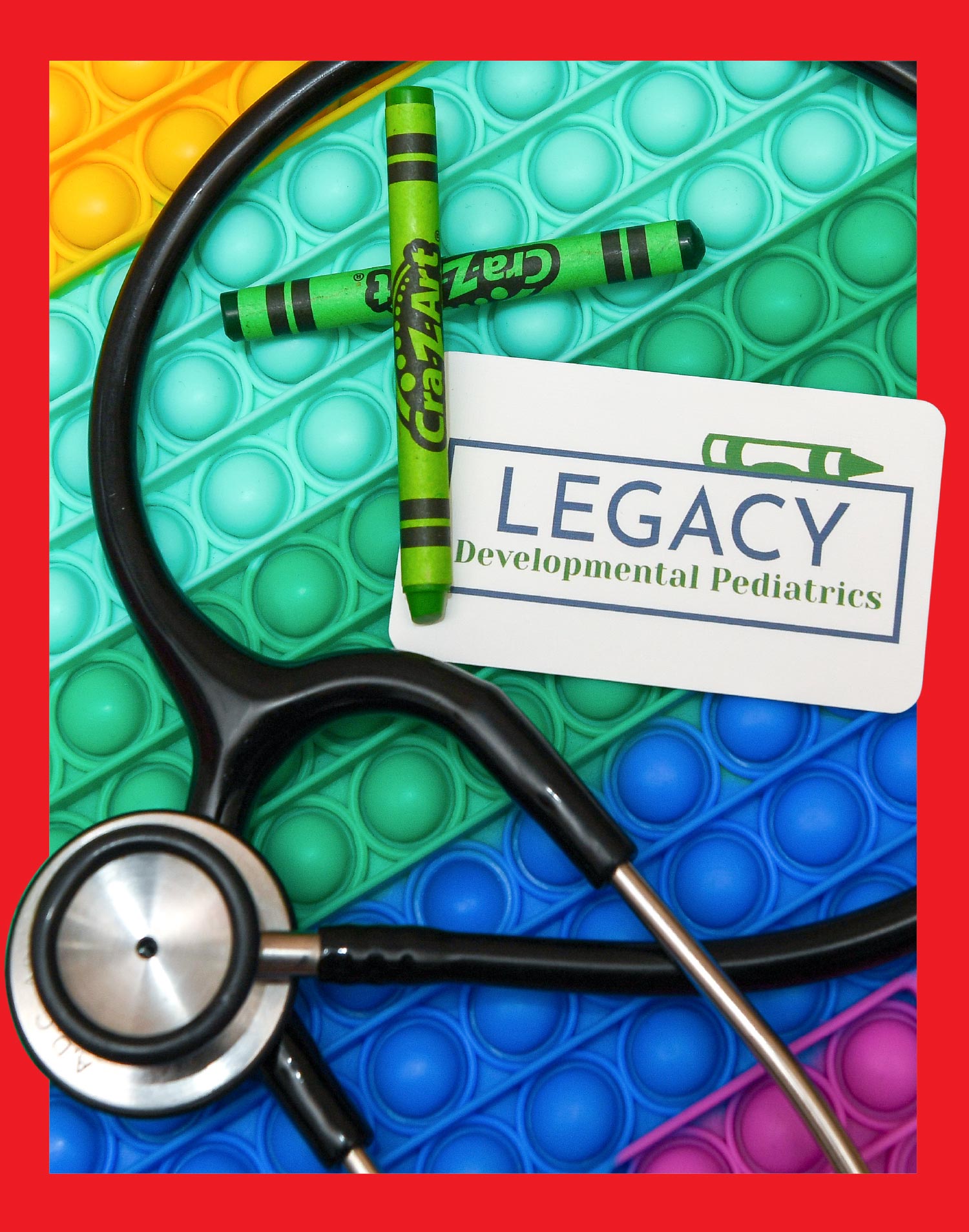
‘Thanks, Doc’
In fact, she’s the reason the rest of them are there.
Karen Rogers, MD, (Medicine ’97) was a beloved pediatrician in the Lubbock area for 20 years, most recently as owner of West Texas Developmental-Behavioral Pediatrics. Her death at age 52 stunned not only her patients and their families but also the nurse practitioners who worked for her for years and affectionately called her “Doc” — and who, within six months of her death, would open a new clinic in Rogers’ memory.
“That’s why we named it Legacy Developmental Pediatrics,” says Dawn Conwright, MSN, APRN, CPNP-PC, (Nursing ’15, ’12). “This is Doc’s legacy.”
Rogers spent her life in West Texas: She grew up in Lubbock, went to Lubbock High School, earned her medical degree from TTUHSC, and set up practice in Lubbock in 2002. She also was a clinical associate professor at TTUHSC, where, according to her obituary, she spent “thousands of hours mentoring students.” Board-certified in developmental-behavioral pediatrics, Rogers specialized in working with some of the most challenging children and youth: those with autism spectrum disorders, fetal alcohol spectrum disorders, learning disorders, and mental health diagnoses like anxiety and depression. She had a reputation for being kindhearted and down-to-earth — she’d think nothing of sitting on the floor with a young patient who was having a tantrum — and for remembering minor details of her patients’ lives, even years later. “She knew they did karate. She knew they had a little sister. She knew everything,” says Conwright.

Her providers loved her, too. Christy Weaver, DNP, APRN, FNP-C, (Nursing ’18, ’10, ’97) remembers being recruited by Rogers to work with troubled youth at a residential treatment facility. Weaver was more interested in primary care but agreed to interview with Rogers “just so she would know who I was when she had a position available in the regular clinic,” Weaver recalls. “Then I met her, and I immediately thought, ‘Wherever she goes, I will follow.’”
Conwright had a similar experience when interviewing with Rogers for a job, years later, at a pediatric behavioral health clinic in the UMC Health System. “She had all my best interests in mind when we talked,” Conwright says. “She told me, ‘Your family comes first. If you ever need anything, make sure you let me know, and we’ll cover for you.’” Conwright was also impressed that Rogers cared about her as a professional and encouraged her to ask “any question, anytime.”
Tricia Perez, MSN, APRN, FNP-BC, (Nursing ’10, ’04) went to work with Rogers after becoming a family nurse practitioner. “She became my mentor, both at a professional level and as a single mom, because I’m also a single mom,” Perez says. Perez was initially intimidated at the thought of working with children, but Rogers showed her how. “I was able to see that you can communicate with somebody who’s on the spectrum,” she recalls. “Doc would sit down and play with them, listen to them and understand every bit of them. She helped me see that I can do that — that I can make a difference and be part of their journey.”
Karen Esquibel (Quintana), PhD, APRN, CPNP-PC, (Nursing ’10, ’02, ’97) knew Rogers the longest — they met in 1997, when Esquibel was a charge nurse in the Pediatric Intensive Care Unit at University Medical Center in Lubbock, Texas, and Rogers was a medical resident there. The two became close friends, keeping in touch as their jobs changed, traveling together and going to Céline Dion concerts together. Rogers encouraged Esquibel — who already had a PhD — to go back for a pediatric nurse practitioner post-masters certification, and Esquibel eventually joined Rogers’ staff part-time while serving on the TTUHSC faculty. Esquibel is planning to be married in the fall, and Rogers was supposed to be her maid of honor.

Both Esquibel and Weaver have had strong ties as faculty at TTUHSC: Weaver is an associate professor, and Esquibel was a professor and the director of Pediatric Nurse Practitioner Studies, both in the School of Nursing. Esquibel left TTUHSC to join Legacy full time, while Weaver remains on the faculty part time. Esquibel called it “bittersweet” to leave after working at TTUHSC for 25 years and earning the rank of full professor, but the notion of continuing Rogers’ work was too much of a draw: “I don’t think I had to think about it too hard.”
The four women are equal partners in Legacy Developmental Pediatrics; Fiona Prabhu, MD, a family medicine physician at TTUHSC, serves as their current supervising physician. Their business cards sport a green crayon — Rogers’ favorite color. They still see Doc in everything they do: A problem will pop up — and, just as quickly, it seems, a solution will appear. It happens so often that the four have a favorite saying: “Thanks, Doc.”
“I don’t think any of us ever said, ‘I want to own and run a clinic,’” says Esquibel. “We all always wanted to just take care of kids. This whole experience has been terrifying for us at times. But Doc is still a part of us, and I wholeheartedly believe she’s up there still making stuff happen for us.”